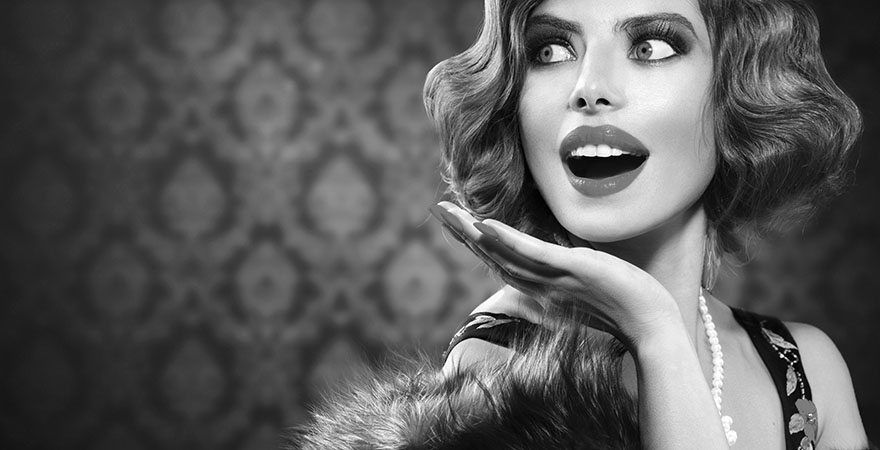History of the Development of Essential Oils
It’s impossible to predict when Essential Oils were first used for medicinal purposes. Some say that the use of Essential Oils began in China, some say India. Moreover, others believe that Egyptians were the first to make use of the potential in Essential Oils. Temples of ancient Egypt were known to use fragrances in their rituals. Three Essential Oils documented in the history of Egyptian culture are Cedarwood, Frankincense and Myrrh.
Essential Oils And The Roman Empire
Use of Essential Oils was quite common in the Roman Empire. The people of Rome used aromatic Essential Oils to scent their bodies and hair. The wealthy made use of the Essential Oils with frequent massage and in their baths. In the famous Roman Public Baths, walls were filled with shelves which held rows containing pots and jars filled with fragrant Essential Oils.
During this time, the Romans made use of many herbs and Essential Oils in their daily lives. Roman Emperors often wore sprigs of bay around their heads to ward off evil spirits and as a sign of wealth. Roman soldiers took Myrrh with them into battle to be applied to wounds as a healing agent. Fennel sweetened the breaths of Romans, gave them strength, kept away evil spirits and killed fleas.
Rose Oil scented baths perfumed both men and women. Roses were made into garlands to wear around women’s heads; rose petals carpeted floors.
Lavender was perhaps the most widely used plant by the Romans, who also introduced this treasured plant to Europe. Coming from the Latin word “lavare,” which means to wash, Lavender was the most prized aromatic for bathing, as well as many other purposes.
Historical Use Of Essential Oils In Medicines
The doctors of the Roman Empire era made good use of the herbs and Essential Oils – these were their medicines used for healing. One Greek doctor, Galen, in particular, became well-known for his medical procedures and discoveries of “medicines.” Galen ran his own pharmacy and stocked it with medicines that he had made from plant extracts. He recorded his recipes for various remedies along with the correct dosage to treat different ailments. During his career, Galen was chief physician to the gladiator school in the ancient Greek city of Pergamum. It is said that while he attended the gladiators, not one died as a result of their wounds.
Distillation, the primary method for extracting Essential Oils from plants, was introduced in Europe during the twelfth century, and the use of this process spread into other continents. The knowledge and practice of distillation enabled the use of more, previously unobtainable, plant essences.
The study and practice of Essential Oils has advanced tremendously in modern times. Extraction methods. have improved throughout the decades and the beneficial aspects of certain plants have been identified and recorded. Study materials are readily available to enhance the learning process and to guide the practitioner in the uses and benefits of aromatherapy.

